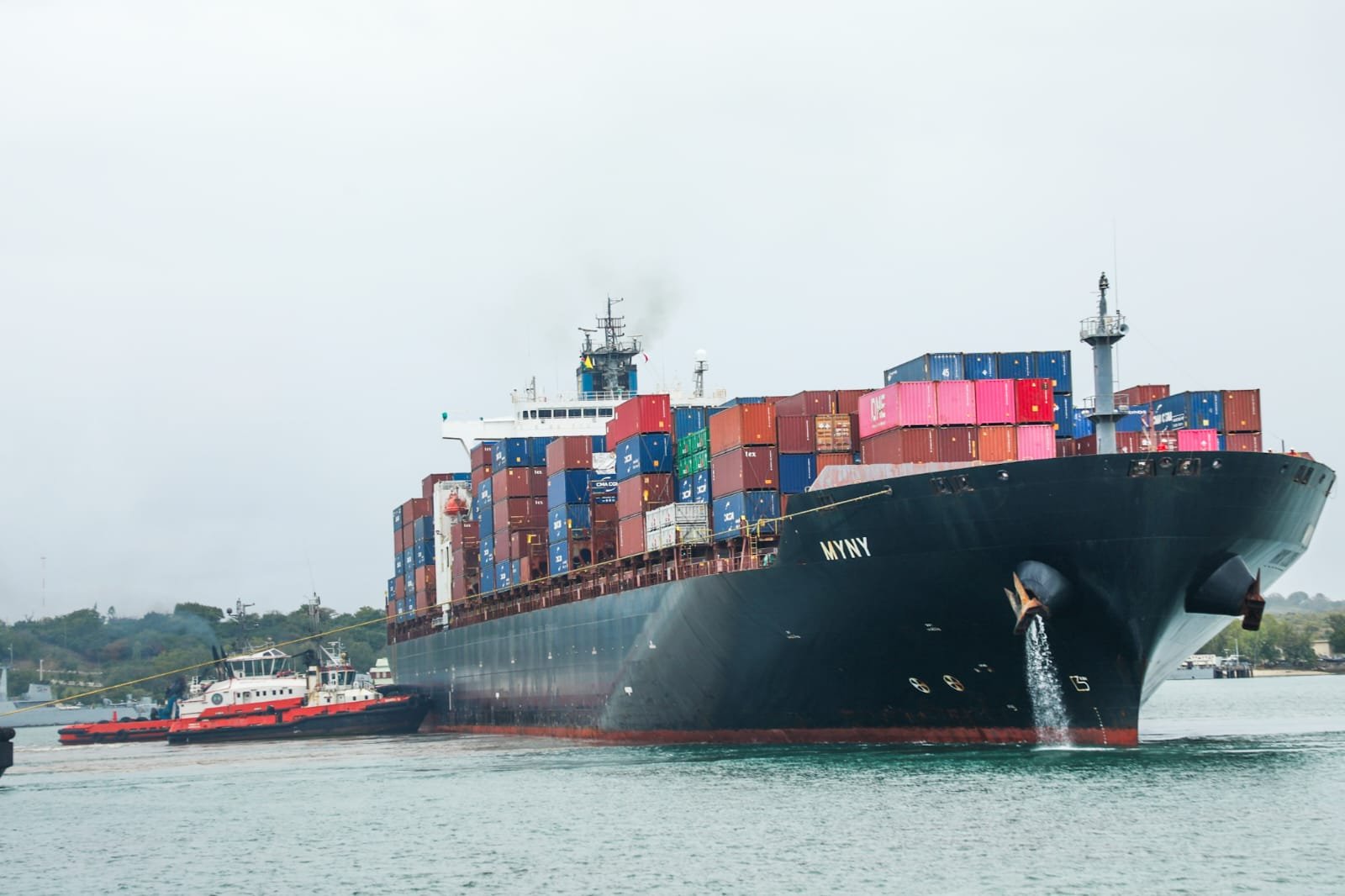Kenya is losing close to a quarter of a trillion shillings every year to cartels and illicit trade networks, a new report has revealed, warning that the economy is bleeding from rising corruption, counterfeits and trade mis-invoicing.
The study, released by the National Taxpayers Association and Oxfam, shows that the country now loses between Sh243 and Sh253 billion annually through a mix of corruption, illegal goods and fraudulent trade practices.
This represents more than double the losses reported four years ago, with businesses increasingly emerging as the main drivers of the vice.
According to the findings, counterfeiting alone drains over Sh153 billion annually, with cigarettes, alcohol, pharmaceuticals, spare parts, textiles and manufactured goods being the hardest hit sectors.
“The gaps are widening, and this should be a concern for Kenya’s fiscal health. Unless addressed, these practices will continue undermining economic growth and fair competition,” said Saidimu Terra Leseeto, Senior Advisor for Tax and Fiscal Affairs in the Office of the President, who presented the findings.
Between 2015 and 2023, trade mis-invoicing accounted for an estimated Sh711 billion in unrecorded financial flows, averaging Sh79 billion every year.
The report highlights that the practice remains a major contributor to illicit financial flows, particularly in imports from countries such as China, India and the United Arab Emirates.
Unlike counterfeit goods that are visible in the market, trade mis-invoicing takes place within customs documentation and international transactions. Using the partner country method to compare Kenya’s reported imports with what exporters declared in UN trade data, the study found glaring disparities.
Between 2016 and 2024, the mismatch amounted to $144 billion (Sh18 trillion).
“For example, China reported exporting goods worth significantly more to Kenya than what Kenya declared as imports, pointing to possible under-invoicing,” explained Leseeto, who also acted as a consultant in compiling the report.
Industry data paints a grim picture of the impact of illicit goods. The Anti-Counterfeit Authority had previously estimated that one in every five goods sold in Kenya is fake, costing the economy more than Sh100 billion annually.
Illicit cigarettes alone deny the country about Sh6 billion in taxes each year, while 21 per cent of alcohol consumed is illegal, leading to a tax loss of Sh67 billion between 2021 and 2023.
Counterfeit textiles, particularly yarn products such as fabrics, ropes and threads, are valued at about Sh80 billion.
Kenya Revenue Authority records show enforcement is struggling to keep pace. Goods worth Sh243 million were seized and destroyed in 2024, up from Sh200 million the year before, a fraction of the scale of the problem.
Oxfam and NTA warn that the losses are equivalent to nearly 10 per cent of Kenya’s national budget — money that could double the country’s health allocation or fully finance free secondary education.
The Tax Justice Network separately estimates that tax abuse costs the country Sh25 billion annually, an amount that could cover 9.5 per cent of the health budget or 4 per cent of education spending.
The report cautions that unless urgent action is taken, Kenya’s fiscal stability and economic growth will remain at risk.
“The size of value mismatch on international trade, established through PCM, similarly shows an increasing disparity, hence value of mis-invoicing from a net value of Sh1 billion in 2016 to a value of Sh180 billion in 2024,” the study notes.

